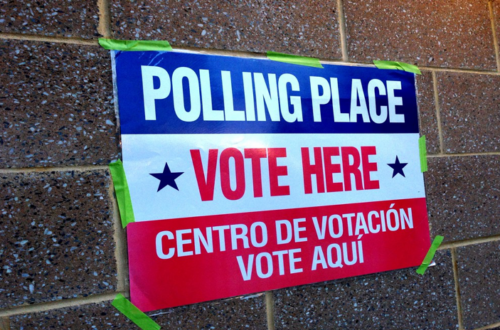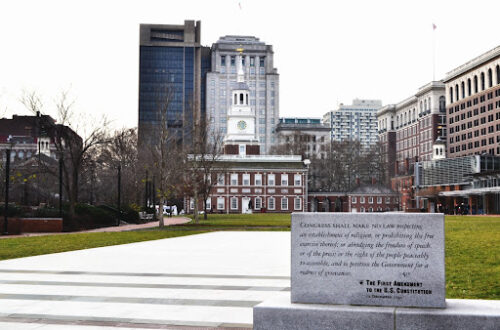Gov. Ron DeSantis, R-Florida, recently signed a compact with the Seminole Tribe of Florida, which allows them to engage in online sports betting. The compact is now facing skepticism from lawmakers, anti-gambling organizations and the Department of the Interior.
The compact permits the tribe to accept bets on professional, collegiate, motorsport and Olympic events. The tribe, along with associated pari-mutuel facilities, will also have the option to partner with companies like Barstool to operate their online betting books.
The compact also gives the owners of the Hard Rock Casino the right to offer craps and roulette at the tribe’s seven casinos, including the Hard Rock Hotel in Hollywood. Additionally, it opens the door for three new casinos on tribal property. These casinos have been tentatively predicted to be located in Brighton, Tampa and Hollywood.
The online sports betting operated by the tribe will be in partnership with Florida’s pari-mutuel facilities, which include poker cardrooms, jai alai arenas and horse racetracks. This partnership will give the pari-mutuels industry a much-needed influx of cash.
The agreement will bring a significant amount of revenue into the state. According to the governor’s office, the state will be guaranteed at least $2.5 billion in the next five years and at least $6 billion in the next 10.
“Our agreement establishes the framework to generate billions in revenue and untold waves of positive economic impact,” said DeSantis in a recent press conference.
If the compact is legalized, Florida will be the most populous state to allow legal sports betting. This would also play a role in boosting the economy as sports betting will be a huge tourism draw.
While DeSantis and the Seminole Tribe have established the parameters of the agreement, the compact has not been legalized yet. It still needs approval from the Department of the Interior, and lawmakers must pass enabling legislation.
Currently, the Department of the Interior is working to determine if the parameters of the compact are acceptable under the Indian Gaming Regulatory Act.
One key issue is that the IGRA does not allow wagering outside of tribal lands, and the location of the wager is dependent on the bettor. This means that if a bettor places a digital bet while not on tribal lands, they are in violation of the IGRA. For this reason, it is possible that the Department of the Interior will choose not to move forward with the compact.
Assuming the Department of the Interior does sign off on the agreement, there is the additional concern that it will give the Seminole Tribe a monopoly on sports betting. If the tribe chooses not to pursue partnerships with pari-mutuels, it will have to pay an additional 2% of its revenue to the state. However, this is pocket change in the billion-dollar sports betting market.
Another legal hurdle comes in the form of Florida Constitutional Amendment 3, which gives voters the right to decide whether or not to authorize casino gambling. The No Casinos anti-gambling group has pointed to this amendment as evidence that the legislature does not have the authority to legalize sports betting.
“We call on the governor and our legislators to honor the will of the people, who demanded that any new casino gambling authorization occur at the ballot box, not behind closed doors in Tallahassee,” stated John Sowinski, president of No Casinos.
How the amendment will be interpreted by lawmakers in this context is yet to be determined.
Based on the various controversies surrounding this tribe-state compact, the approval of the Department of the Interior and the legislature is still up in the air. The state legislature will be debating the issue during a special legislative session the week of May 17.
Check out other recent articles from Florida Political Review here.
Featured Image: A sports betting room in Las Vegas. Unmodified photo by Marit & Toomas Hinnosar used under a Creative Commons license. (https://bit.ly/2Seluhj)





